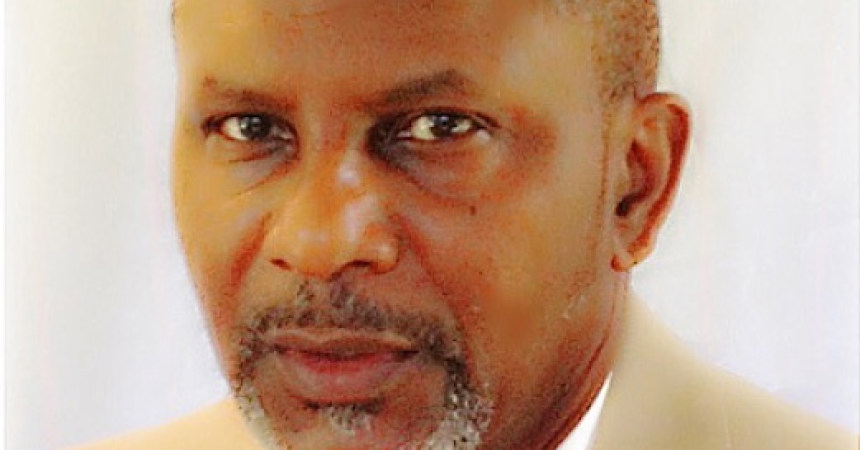
Former players remember Lucas’ mark on FAMU baseball
By St. Clair Murraine
Outlook staff writer
It’s a safe bet to say that prior to the alumni game between former FAMU baseball players, President Donald Trump’s first few weeks in office would have been a hot topic in the dugouts.
Of course they would have shared old stories from their days of playing at Moore-Kittles Field.
Actually they did that. A lot.
Most of the stories were about former coach Robert Lucas. In a sense, they were grieving. Lucas died last week in Atlanta after a lengthy illness.
Whether the players in the alumni game played for Lucas or not, they had something to say about the man who last coached at FAMU seven years ago. He was straightforward. He had a sense of humor that only the strong-hearted could tolerate.
With the exception of his last stint of three different times he was head coach, Lucas won championships.
His legacy puts him right up there with the likes of Kittles and Moore, two of the best who have ever coached at FAMU.
Lucas was remembered for all that and more. Gregory Clark, a former player for Lucas and president of the FAMU Alumni Association, presented two proclamations from the association and from FAMU.
He didn’t know how he’d contain his emotion. The memories of Lucas were too fresh.
“Every one of us had our own special relationship with him,” Clark said. “To see him in the (ailment) he was in was sad.”
Joe Durant, who worked as a Lucas assistant and later as head coach, kept tabs on Lucas while he was battling an undisclosed sickness. News of his passing traveled quickly last Wednesday.
Lucas cared for his players. He didn’t pull his punches, though. Doing that wasn’t his style.
He told players like Marquis Grissom and Willie Brown that they could play in the pros. They believed him and did just that.
Some weren’t as good. They didn’t believe but Lucas called it as he saw it.
“Coach Lucas was the most honest coach I ever had,” said Brown, who played outfield for Lucas. “I appreciated that honesty.”
But no matter the talent level, Lucas didn’t leave anyone behind.
“Those same people he told to go pro and those people that he thought were average players,” Brown said, “he coached them the same.”
Second-best wasn’t acceptable and Lucas had a way of letting his players know. A player who made a mistake on the field would be greeted before he reached the dugout at the end of an inning.
“He was a different person when we were outside those white lines but when we got between those white lines he expected perfection,” Clark said. “He wanted us to do as best we can do.”
He won championships with all of them. Even the not-so-good ones. He had a hand in winning every title. His first conference championship came in 1987, then he repeated the following year and again in 1990.
At the end of the 1990 season, Lucas got an opportunity that he couldn’t pass up, becoming a minority College scout for the Atlanta Braves. Years later FAMU called him back.
He went on a recruiting binge to find the best players to rebuild the program. He even paid for travel out of his pocket because he believed in his alma mater, which put him in its Hall of Fame.
Lucas searched everywhere he could to get a lead on prospects. Like the time when the father of one of Brown’s high school classmates passed on Brown’s stats to Lucas. He was so impressed that he drove to Calhoun County, Ga., to see for himself.
He liked what he saw.
Right away Brown got a sense of Lucas’s cut-and-dry style.
“Hey, little boy, do you want to play baseball at FAMU?” he recalled Lucas asking.
From the day that Brown arrived on campus, they developed a father-son relationship – just like he’d done with every other player. They became known as “Luke’s Boys.”
“He had an impact on our lives,” said Clark. “Now you look back and you say thank you for that discipline because it certainly help you in lives.”








